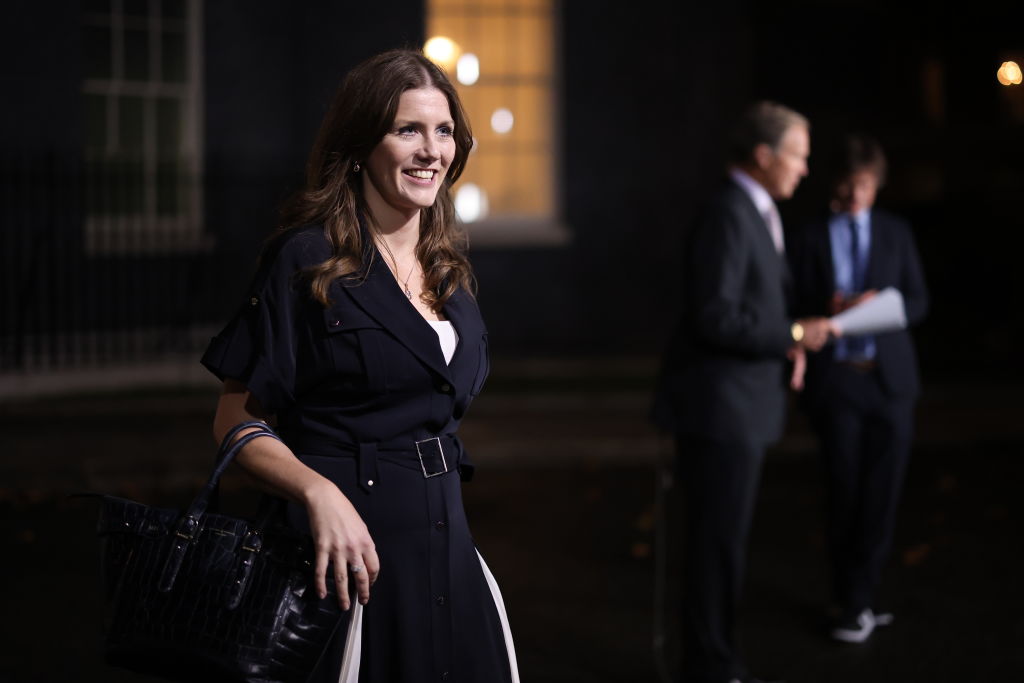Govt boots legal but harmful provision from online safety bill

The “legal but harmful” provision has been formally scrapped from the online safety bill, in a push to water down moderation and put greater focus on free speech protection.
The provision, which would have allowed tech firms to remove content that wasn’t actually illegal, sparked controversy across free speech advocates raising concerns around overcensorship.
However, the government confirmed this morning that these measures will be replaced with new duties that strengthen the free speech requirements on major online platforms to make them more accountable for their policies.
It will now only require firms to remove content accessed by adults based on the company’s own terms and services, or if the content they are posting is illegal.
A key tenet of this will be about requiring firms to have clear, easy to understand and consistently enforced terms of service.
There will also be a greater focus on children, with a new amendment forcing social media platforms like TikTok and Instagram owner Meta to publish their risk assessments on the dangers their sites pose to children.
Previously, the bill required platforms to carry out these assessments but not to proactively publish them.
As part of this push, the bill will focus on age verification and ensuring Big Tech has a better grasp on who is actually accessing their content.
A new survey by the Advertising Standards Authority (ASA) found that more than 1.6m social media accounts owned by children are falsely registered with an adult age.
Some 93 per cent of young people aged 11 to 17 said they have an account with Facebook, Instagram, Snapchat, TikTok, Twitch, Twitter or YouTube, with a quarter (24 per cent) misreporting their age when doing so.
However, no everybody is pleased with these amendments.
Labour’s shadow culture secretary Lucy Powell said removing the provision “gives a free pass to abusers and takes the public for a ride. It is a major weakening, not strengthening, of the Bill.”
“The Government has bowed to vested interests, over keeping users and consumers safe,” she said.
Chief of charity Samaritans Julie Bentley praised the focus on children, but said the “damaging impact that this type of content has doesn’t end on your 18th birthday”.
“No sooner do we make progress on internet safety by criminalising the encouragement of self-harm online, we’re now told that social media sites will not be forced to remove legal-but-harmful suicide content – a hugely backward step,” she said.
The online safety bill is due to return to Parliament next week.